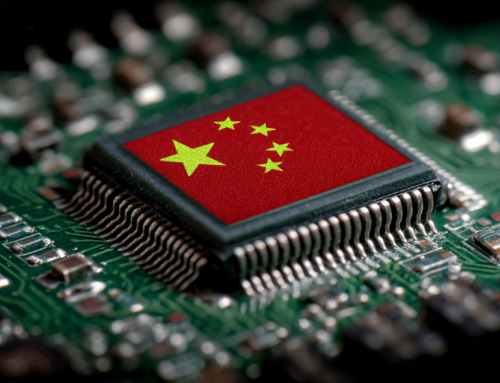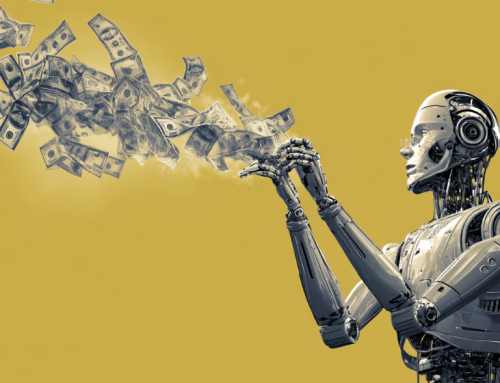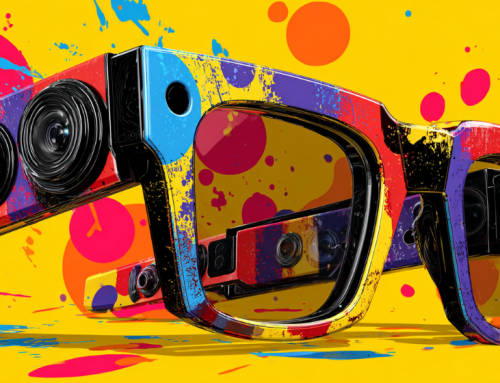Signs of Blending Realities in the Metaverse of Things as NFTs Mark Physical Items
If you’re not familiar with NFTs. you might want to read up on them, as they are likely to be a large part of your life soon. Non-Fungible Tokens are all the rage these days.
Writer Connie Lin has written a lively article for fastcompany.com that brings NFTs onto a whole new level of possible uses that includes what is essentially the IoT on steroids. Lin introduces us to a recently successfully funded AI company that sees a different future than others.
Imagine a world in which your most prized physical possessions—a Prada purse, a pair of Nike Dunks, a Rolls-Royce, a wall of Impressionist paintings—could be indelibly marked as yours for, theoretically, the rest of eternity, so that in the year 3000, when future archaeologists unearth these historical artifacts, they will decode high-tech data that traces all the way back to your ownership, in the speck of time that was your life.
That’s the promise of the blockchain for digital assets like NFTs. But Americana Technologies, a new startup funded by the likes of Reddit founder Alexis Ohanian, rapper Future, and OpenSea, wants to bring those possibilities to real-world assets. It’s much like the revolution brought by the Internet of Things—but in Web3, that’s evolved into the Metaverse of Things.
Web3 and the Metaverse are topics for another time. Here is a brief description: Web3 (also known as Web 3.0 and sometimes stylized as web3) is an idea for a new iteration of the World Wide Web—based on blockchain technology, which incorporates concepts such as decentralization and token-based economics
As we mentioned the IoT on steroids, keeping track of who that set of Ping golf clubs belongs to. Even if you sell those clubs second-hand, there could be commissions owed on that yard sale item you just sold.
Are Micro Chips Even Available?
You see, Americana wants to put a micro-chip into everything. Or nearly so. Embedding the chip into any object, collectible, or artwork imbues it with the powers of the blockchain, essentially turning it into an NFT, and thus attaching a digital ledger that offers proof of authenticity, proof of ownership, and an entire history of ownership as public record.
“Americana is the next step for Web3,” said Ohanian, who invested in the company through his venture capital fund Seven Seven Six. “Global provenance of things that exist in the physical world is huge and before Americana, there was no way to do it. For the first time ever, brands big and small can have their authenticated products on-chain and even gain royalties every time that item is resold.”
“Now you can buy a Gucci bag or a KAWS sculpture from a stranger and know it’s authentic—without any middleman,” he added.
So not only will this process give you the security of proof of ownership, it will give you a guarantee of authenticity, whether it be a material item or a digital one.
According to Americana, the chip also includes a method to transfer ownership and royalties without the need for an intermediary—presumably, something as simple as scanning the object with your phone and navigating an app. It reportedly supports only Ethereum blockchain integration but is exploring Solana and other chains.
Lin’s piece explains the company just closed a $6.9 million seed funding round and has yet to launch. But the inter-weaving of blockchain, micro-chips, and a great deal of investment money available, it won’t be long before we are giving NFTs as high school graduation gifts or leaving them in our wills.
But yard sale royalties? Really?
read more at fastcompany.com








Leave A Comment